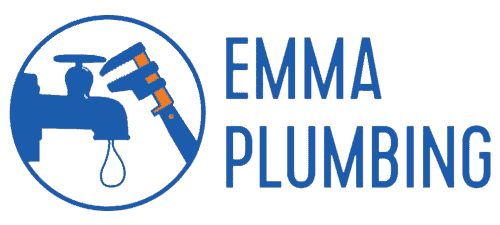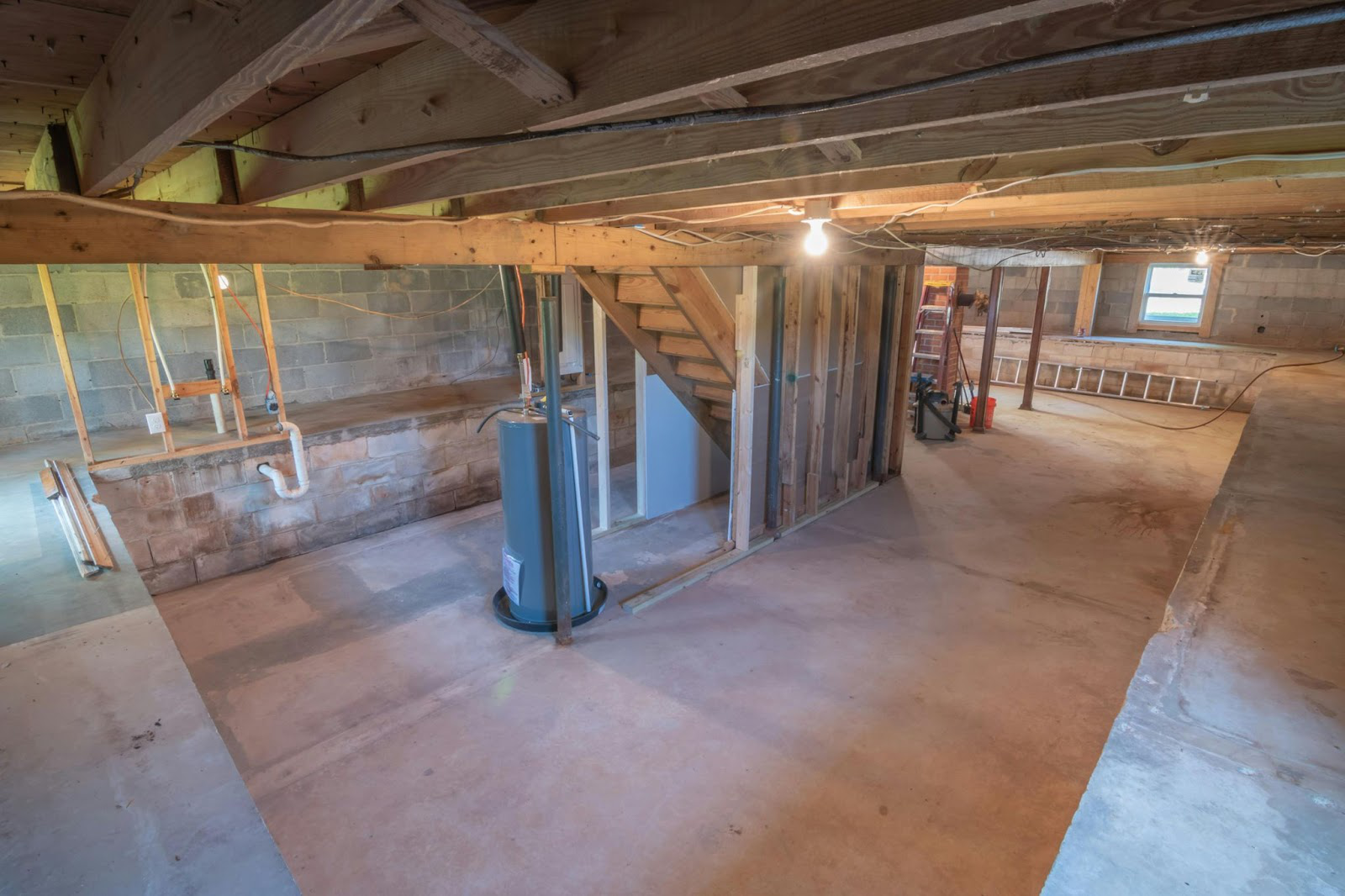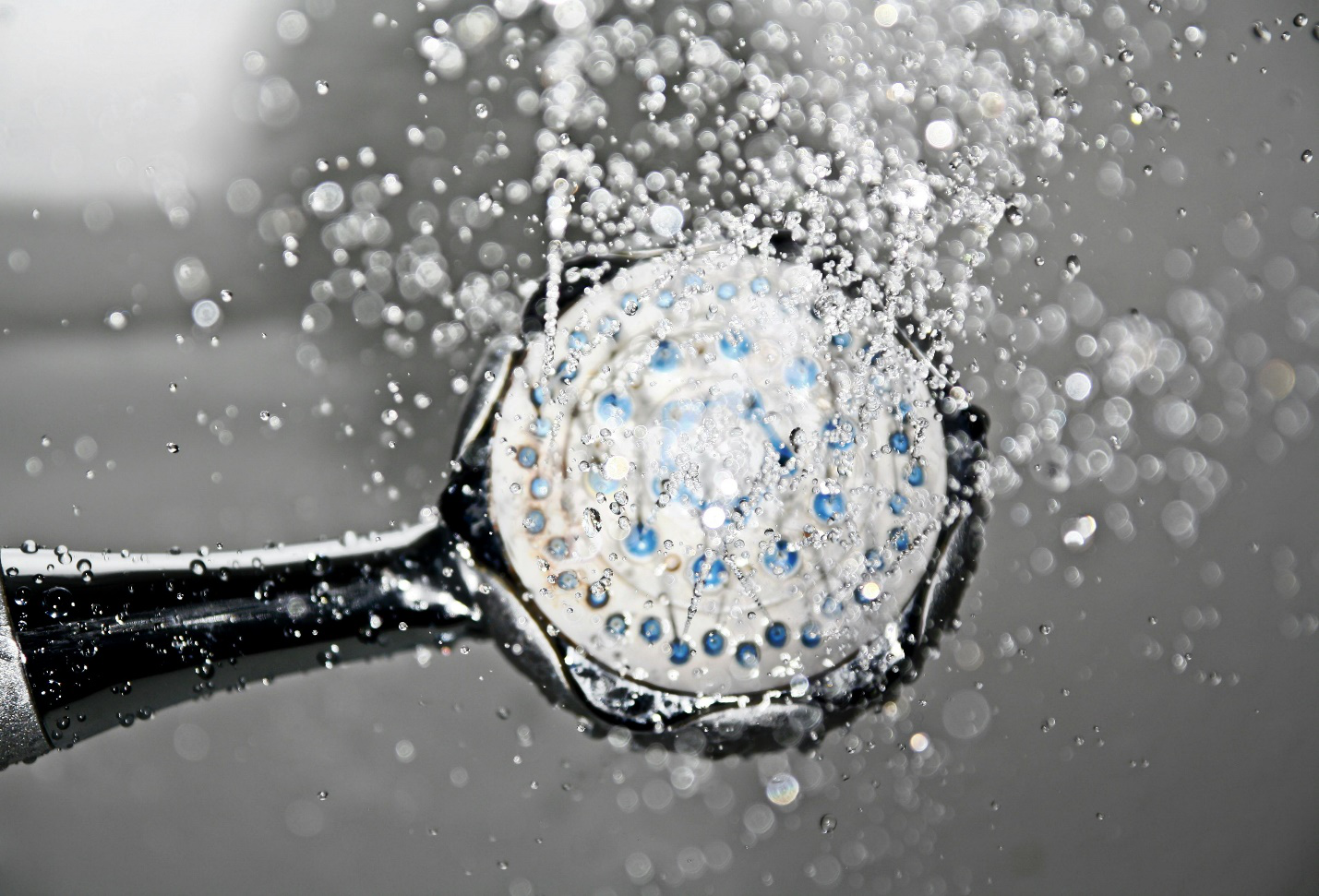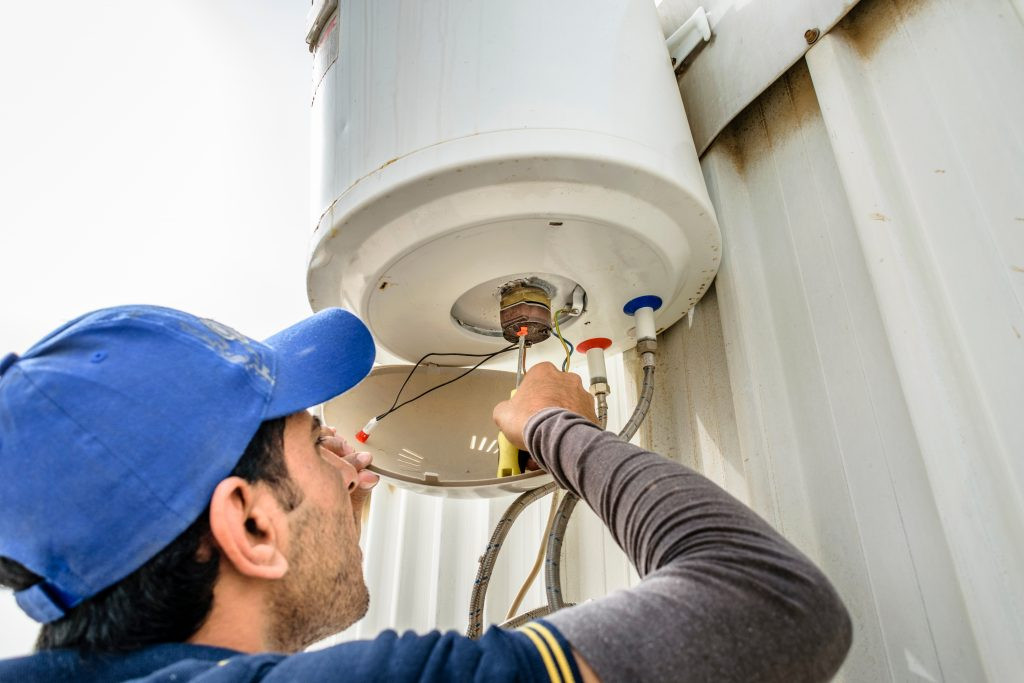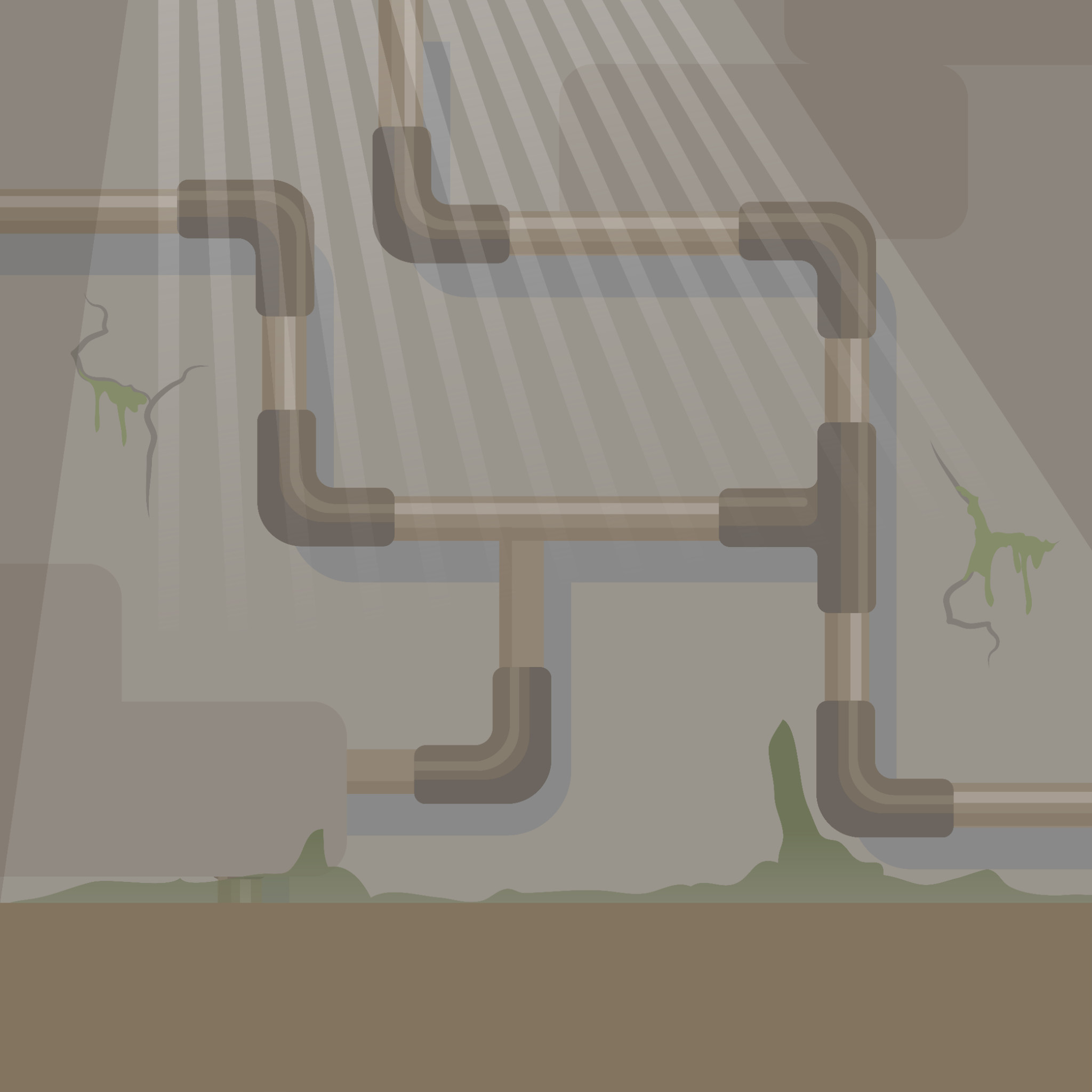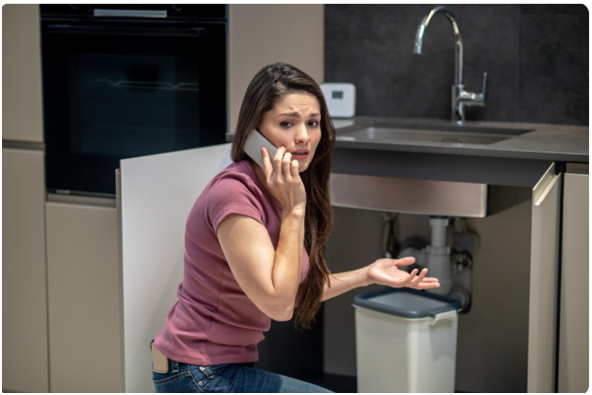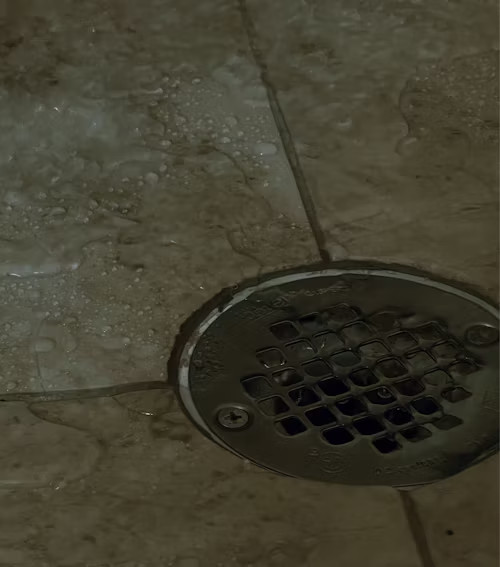Have you ever stepped into the shower expecting a warm stream—only to be greeted by freezing water instead? Few household frustrations rival a failing water heater, especially in the middle of a Massachusetts winter. Whether you’re building a new home in Cambridge or replacing an aging unit, choosing the right water heater can make a long-term difference in your comfort, energy costs, and daily convenience.
At Emma Plumbing and Drain Services, we’ve seen firsthand how the right system can improve a homeowner’s quality of life—and how the wrong choice can lead to repairs, inefficiencies, and early replacements. We provide full-service water heater installation and repair, backed by professional insight and experience.
In this blog, we’ll go over everything you need to know to make the right decision—covering tank vs. tankless units, gas vs. electric models, efficiency ratings, and cost implications.
Traditional Tank vs. Tankless Water Heaters: What’s the Real Difference?
When deciding between a standard tank-style water heater and a tankless version, it’s important to understand the differences in performance, cost, and suitability for your home and lifestyle.
Tank Water Heaters
These are the conventional systems many homes still use today.
Pros:
- Lower upfront installation cost
- Simpler to install and maintain
- Available in a wide range of sizes
Cons:
- Limited hot water supply (once the tank is empty, there’s a wait)
- Higher standby energy losses (keeps water hot 24/7)
- Typically lasts 8–12 years
Tankless Water Heaters
Also called on-demand water heaters, these systems heat water only when it’s needed.
Pros:
- Continuous hot water supply
- Energy-efficient, with lower monthly utility bills
- Takes up less space
- Typically lasts 15–20 years
Cons:
- Higher initial installation cost
- May require upgrades to existing plumbing or electrical systems
- Output can be limited when multiple fixtures are in use simultaneously
When should you consider going tankless? If your household uses hot water throughout the day and you prefer energy efficiency and long-term cost savings, a tankless system may be worth the investment. However, if your hot water needs are moderate and budget is a concern, a tank-style unit may serve you well.
Gas vs. Electric Water Heaters: How to Choose the Right Energy Source
The choice between a gas and electric model often comes down to availability and long-term cost. Each has its own set of advantages.
Gas Water Heaters
Pros:
- Lower operational cost (natural gas is usually cheaper than electricity)
- Faster water heating
- Works even during power outages (in many models)
Cons:
- Requires proper venting and gas lines
- Higher upfront installation if gas lines are not already present
- Regular maintenance for safety
Electric Water Heaters
Pros:
- Lower upfront cost
- Easier and cheaper to install (especially in homes without gas service)
- Safer—no combustion risk
Cons:
- Slower heating time
- Higher operating costs over time
- Dependent on electricity, so vulnerable during outages
Our suggestion? If your home is already set up for gas, it usually makes financial sense to stick with it. But if you’re in an all-electric home or looking to simplify maintenance, an electric model can still provide reliable hot water without major changes to your utility setup.
Understanding Energy Efficiency and Operating Costs
Over time, energy efficiency has become one of the most important factors for homeowners when selecting a new water heater. Here’s how efficiency impacts both performance and long-term cost.
Key Efficiency Terms to Know:
- Energy Factor (EF) or Uniform Energy Factor (UEF):These ratings measure a heater’s overall efficiency. A higher number means better efficiency.
- First Hour Rating (FHR):The amount of hot water a tank model can deliver in an hour starting with a full tank.
- GPM (Gallons Per Minute):Common in tankless models, this shows how much hot water the unit can provide per minute.
Tankless heaters typically have higher efficiency ratings, but that doesn’t always mean lower energy use—especially if you install a large unit with multiple bathrooms in frequent use.
Ways to Boost Efficiency Regardless of the Unit You Choose:
- Insulate hot water lines
- Use low-flow showerheads and faucets
- Schedule annual maintenance to keep your system running efficiently
- Use a timer or smart controls where applicable
If your water heater seems to be driving your electric or gas bills up, it could be time to consider a replacement or professional water heater repair in Cambridge MA to restore its efficiency.
Cost: What You’re Really Paying For
Installing a water heater is an investment—but like most home improvements, cutting corners rarely pays off. Here’s a rough breakdown of what you can expect:
| Type | Average Initial Cost | Estimated Lifespan | Long-Term Cost Benefit |
| Tank (Gas) | $1,200–$2,000 | 8–12 years | Lower monthly cost |
| Tank (Electric) | $800–$1,500 | 8–12 years | Higher monthly cost |
| Tankless (Gas) | $2,000–$3,500 | 15–20 years | Major energy savings |
| Tankless (Electric) | $1,500–$2,500 | 15–20 years | Moderate savings |
Costs also vary depending on labor, permits, and potential retrofitting. We’ve also seen situations where hidden plumbing issues—like blocked lines—add to costs. That’s why we sometimes recommend a sewer line video inspection before installing a new system to avoid surprises later.
Other Factors to Consider Before Installation
Before calling for water heater installation in Cambridge MA, it’s smart to think through a few practical considerations.
- Household Size:A family of five needs a different setup than a single-person home.
- Peak Usage Time:If everyone showers in the morning, capacity becomes more important.
- Available Space:Tankless models free up floor space, which is ideal for smaller homes.
- Water Quality:Hard water can wear down heaters faster. Consider adding a filtration system.
If you’ve had recurring clog issues or low water pressure, it might also be worth scheduling a hydro jetting service in Cambridge MA before installation to ensure your pipes are clean and ready.
Not Sure What’s Right for Your Home?
Choosing the right system can feel overwhelming, especially with so many options and factors to weigh. But getting the decision right is worth it—not just for your day-to-day comfort, but for your long-term home value and monthly utility bills.
At Emma Plumbing and Drain Services, we help homeowners throughout Cambridge with reliable water heater installation, system upgrades, and water heater repair. Our licensed technicians bring over two decades of combined experience to every job, ensuring professional results, clear communication, and no surprises. Whether you need help selecting a unit, inspecting your current system, or checking your pipes before installation, we’re ready to assist.
Need fast, dependable service for your water heater or plumbing system? Contact Emma Plumbing and Drain Services at 774-539-3887 today to book your water heater installation or repair. We can also assist with hydro jetting and sewer line video inspection in Cambridge MA, helping you make sure your home’s plumbing is ready for whatever comes next.
Let us help you choose and install one of the most reliable systems for your Cambridge home—so you never have to worry about another cold shower again.
